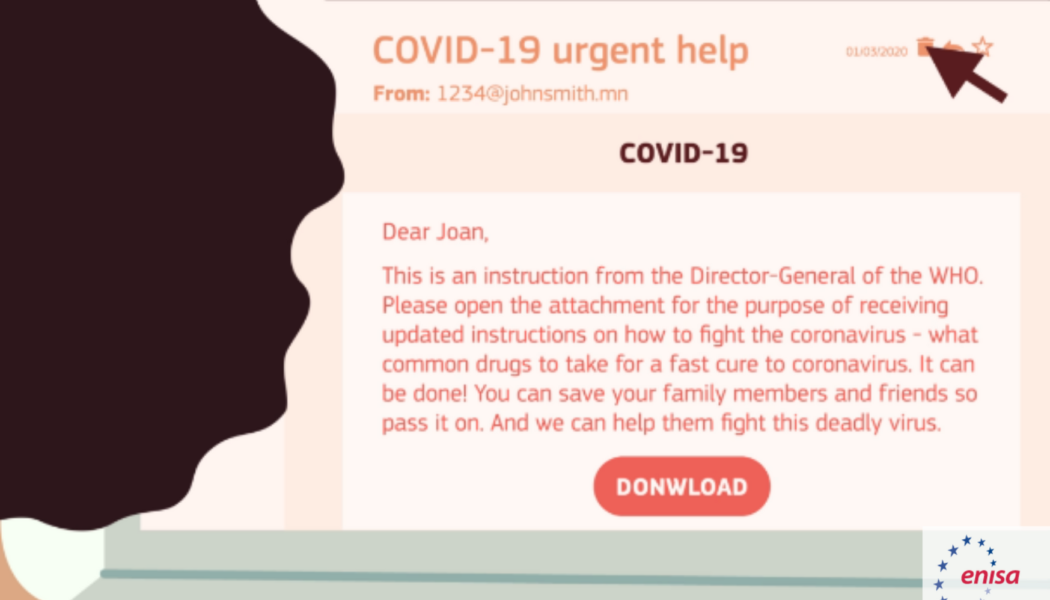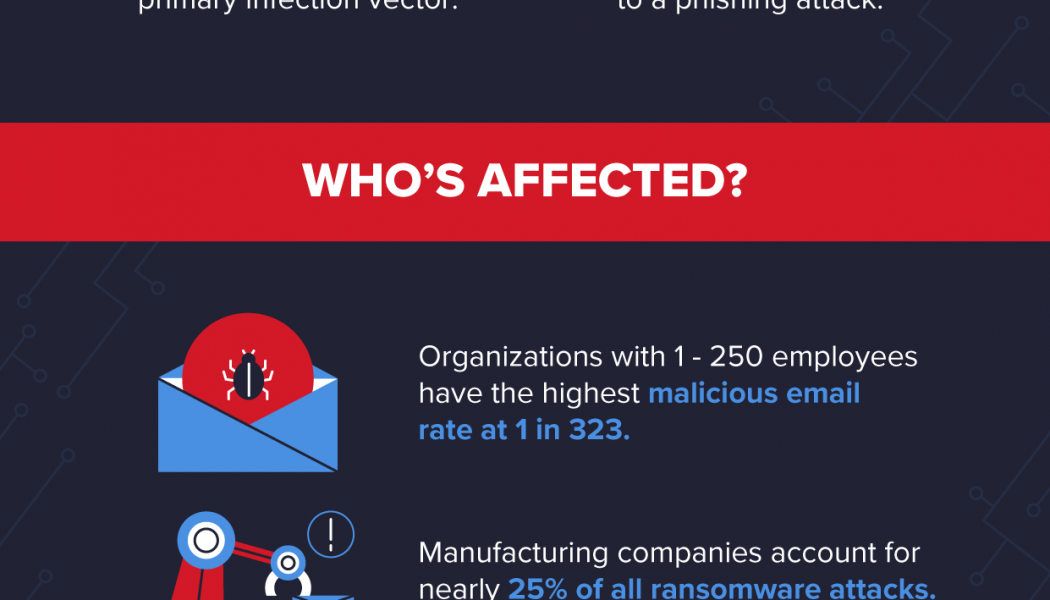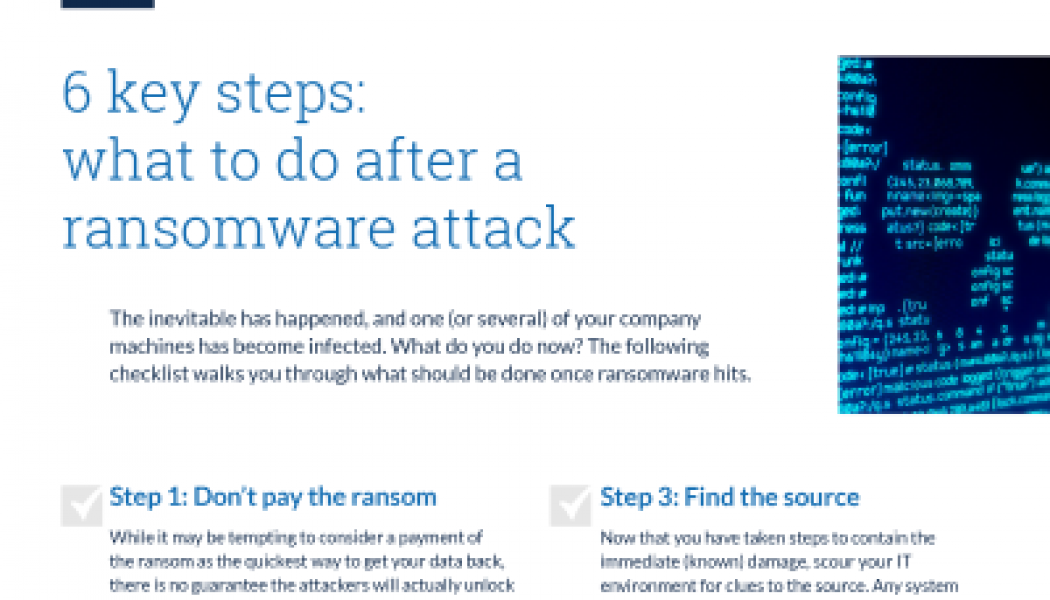Kaspersky
Kaspersky Discovers Various Malicious Apps Disguising as Bestselling Game Minecraft
Sourced from Stuff. Recognised as the world’s top-selling game of all time, Minecraft attracts the attention of enthusiastic players around the world but also draws the interest of fraudsters. Earlier, Kaspersky researchers discovered more than 20 applications advertised on app stores offering additional Minecraft features. Though these malicious apps were deleted from official stores, Kaspersky experts have found newly developed ones, which exploit the game to further fraudster’s objectives. Malware on Google Play Store Kaspersky researchers analysed various apps, including those which are available for download on the Google Play store and claimed to be modpacks (user-created packages with additional gameplay elements) for the game. As a result, the company’s experts found various malici...
Vulnerabilities in Windows and Chrome Used in Series of Highly Targetted Attacks
In April, Kaspersky experts discovered a number of highly targeted attacks against multiple companies utilising a previously undiscovered chain of Google Chrome and Microsoft Windows zero-day exploits. One of the exploits was used for remote code execution in the Chrome web browser, while the other was an elevation of privilege exploit fine-tuned to target the latest and most prominent builds of Windows 10. The latter exploits two vulnerabilities in the Microsoft Windows OS kernel: Information Disclosure vulnerability CVE-2021-31955 and Elevation of Privilege vulnerability CVE-2021-31956. Microsoft has patched both today as part of Patch Tuesday. Zero-Day Attacks Recent months have seen a wave of advanced threat activity exploiting zero-days on the internet. In mid-April, Kaspersky experts...
South Africans Think Software Update Time can be Used to Increase Productivity
Installing updates is considered a routine boring task, according to a study commissioned by Kaspersky. The research revealed that four-in-ten (47%) of South Africans admit that the time spent waiting for updates to take place can be used productively and they are making this a reality in their day-to-day lives. Updates to devices are not only necessary to gain access to new features or interfaces, but they also help to maintain a high level of security. Vendors regularly test their offerings to find new potential vulnerabilities that could be exploited by attackers. The timely installation of updates can serve as an effective defence against cybercriminals. This downtime can also increase people’s productivity and help with well-being. South Africans agree that the time spent waiting for ...
Beware of this New SMS Phishing Scheme Spreading Worldwide
A new, and viral, phishing scheme has seen fraudsters putting mobile users’ financial information at risk, according to Kaspersky. The cybersecurity company revealed that attackers, typically under the guise of a postal service, request a small sum of money for the shipping costs of a package. Once a user clicks on an SMS authentication code for the money transfer, the device is compromised thereby enabling increasingly larger amounts of money to be stolen. “Because it is not a complex phishing attack, it has already gained traction in other parts of the world with fraudsters able to pose as virtually any service provider from prepaid electricity to airtime, naming just a few examples,” says Bethwel Opil, Enterprise Sales Manager at Kaspersky in Africa. Phishing, regardless of the scheme u...
Sub-Saharan Africa Trade Agency Appoints Kaspersky as Cybersecurity Partner
Image sourced from Discover Germany Africa House London – a trade agency established to encourage trade, commerce, and investment between the UK and a selected number of Sub-Saharan African high-growth markets – has appointed Kaspersky as its cybersecurity risk management commercial partner for its trade initiative. This is expected to see Kaspersky provide cybersecurity services to both British companies setting up business in Africa and African organisations establishing themselves in the UK. “Being named a Commercial Partner in this significant programme designed to increase UK and Africa bilateral trade and ensure stability and prosperity for the markets in a post-Brexit landscape, highlights the trust and belief in Kaspersky as a leading cybersecurity vendor. As such, Kaspersky i...
South Africa Ranked as 3rd Most Targeted Country by Ransomware
Over the last few years, the number of users encountering targeted ransomware – malware used to extort money from high-profile targets, such as corporations, government agencies, and municipal organisations – increased by 767%. This increase in targeted ransomware occurred alongside a 29% decrease in the overall number of users affected by any kind of ransomware, with WannaCry still the most frequently encountered family. These are among the most important findings in Kaspersky’s recent report on the ransomware landscape from 2019-2020. The ransomware threat – when attackers encrypt private information and hold it to ransom – became mainstream news in the 2010s following large-scale outbreaks, such as WannaCry and Cryptolocker. They targeted tens of thousands of users and often requested r...
Kaspersky Discovers Zero-Day Exploit in Desktop Window Manager
Sourced from International IDEA Kaspersky has discovered another zero-day exploit, however, researchers are currently unable to link this exploit to any known threat actor. This kind of vulnerability is basically an unknown software bug – upon identification and discovery, they allow attackers to conduct malicious activities in the shadows, resulting in unexpected and destructive consequences. While analysing the CVE-2021-1732 exploit, Kaspersky researchers found another such zero-day exploit and reported it to Microsoft in February. After confirmation that it is indeed a zero-day, it received the designation CVE-2021-28310. According to the researchers, this exploit is used in the wild, potentially by several threat actors. It is an escalation of privilege (EoP) exploit, found in Desktop ...
Almost 50% of South Africans Will Avoid a Service Provider Following a Data Breach, Research Shows
Nearly half of South African consumers (46%) would walk away from an online service provider if it suffered any form of data breach, according to a global study by Kaspersky. The idea of avoidable data misuse is likely to incur even greater wrath from respondents, however, with 68% affirming they would no longer use the provider for fear of their data being sold to a third party in this case. As consumers understand more about businesses’ data privacy responsibilities, more transparency is needed from those companies about how they handle user data. Having to shop, be entertained, communicate and conduct business virtually is likely to have sparked heightened awareness about how much data is being offered, and what the upshots of this proliferation could be. Over two-thirds (67%) of respon...





















